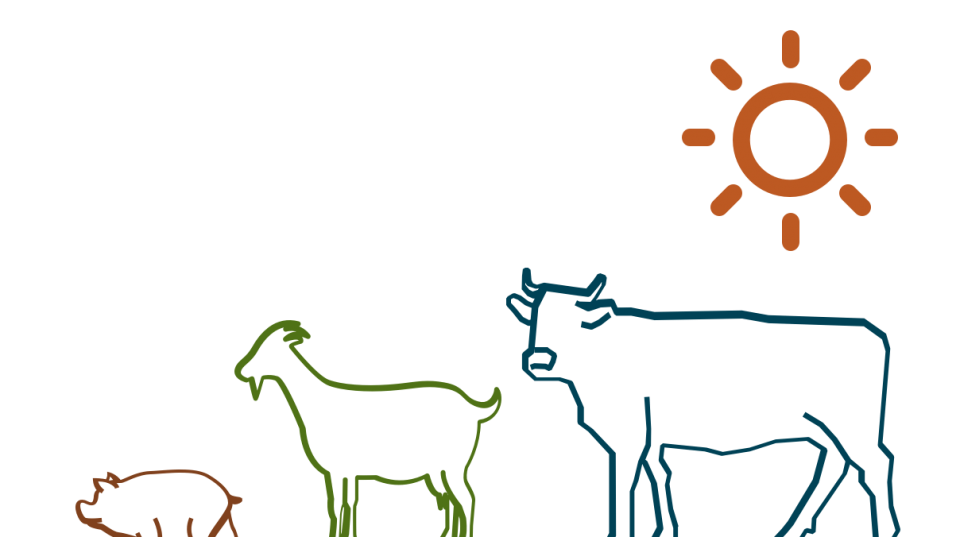Overview
This project aimed to develop more efficient smallholder cattle-growing systems, through improved feeding and management.
The growing demand for beef in Vietnam is providing an opportunity for smallholder crop-livestock farmers in Central Vietnam to increase household income through more productive beef breeding and fattening enterprises. Significant challenges need to be overcome to ensure these enterprises can be both profitable and sustainable. These include the low fertility of sandy soils in the region, long dry seasons, waterlogging, scarcity of good quality feed, and poor cattle management practices.
This project built on an ACIAR project (SMCN/2007/109/3) which benchmarked these crop-livestock systems and evaluated strategies for improved productivity. Forage production using new species and better cattle management practices increased productivity and reduced labour spent supplying feed for cattle. An external review identified the importance of building on this work to develop whole production system strategies and improve overall system profitability.
The project extended its reach to the Central Highlands province of Dak Lak where there has been a longer period of cattle feeding and management research and development. Breeding and fattening systems in Dak Lak are more developed than on the South Central Coast, and the greatest opportunity for enhancing producers' livelihoods was through understanding and engaging with growing market opportunities.
For beef cattle farmers who are already production orientated, the project developed stronger integration with markets. It also identified and developed pathways for knowledge exchange and adoption, to expand impacts within smallholder beef cattle enterprises. Improved cattle production practices will increase profitability for smallholders and also bring environmental benefits by reducing overgrazing.
Outcomes
As a result of the project research, the main production recommendations improved cow-calf management regarding supplementary feeding of concentrates, shortened the calving interval, improved the establishment and management of forage species appropriate for the soil constraints and using concentrates to improve growth rates of growing and finishing cattle. An experiment on the tolerance of improved forage varieties to single and multiple waterlogging events will add to the scientific literature and will continue with on-going Masters’ research at UTAS. Combined, these studies are likely to have lasting scientific impacts.
The VCA itself identified the competitive weaknesses, constraints and infrastructural challenges of traditional supply chains juxtaposing these with the emergence of modern, integrated, coordinated, specification-driven chains endogenously from the exploitation of opportunities by entrepreneurial individuals. It provided a detailed understanding of the market dynamics in the major cities of Đà Nẵng, Ho Chi Minh City and Buon Ma Thuot and the baseline economic study identified that cattle production has a negative IRR. The consumer research employed a new, rigorous mixed method and challenged traditional views of Vietnamese beef value attributes whilst identifying three future marketing segments.
The first adaptation and application of an existing Western qualitative methodology called Value Network Analysis to a developing country context provided a new means of investigating the role of social networks in value chain development. The project also successfully developed and tested cattle club formation and operation protocols in three provinces that have utility for other research projects. This project researched and detailed the significance of farmer champions in the scale out process. It also investigated the use of reciprocal cross visits between farmer champions and smallholders wishing to increase their knowledge. It also adapted the ‘Theory of Planned Behaviour’, a mainstream marketing theory that explains how and why individuals who have technical knowledge don’t apply it in their own circumstances, to contextualise adoption and non-adoption and streamline the selection of extension methods.





